For as long as parents and babies have been smiling, laughing and cooing at each other, scientists still have a lot of questions about just how these interactions help infants develop. With support from the National Science Foundation, University of Miami psychology professor Daniel Messinger and his colleagues want to learn more about child development by studying how moms, dads and babies respond to each other. "We believe that through interacting, babies learn early social rules, such as when to take turns with their vocalizations, when to smile at the same time, says Messinger. "It's by smiling at the same time as their mothers, the baby responding to the mother and the mother responding to the baby, that babies develop a sense of shared social emotion." In an experiment at the University of Miami's Early Play and Development Lab, babies are secured in a special seat, so they can get a good view of mom or dad, and move both their arms and legs. Babies are tested at four months, and again at one year. Several video cameras capture this short, structured playtime. "They play. Then, after two minutes, the mom will stop responding to the baby. We want to see what the baby does. How the baby either chooses to try to re-engage the mom, or maybe uses that time to look away and disengage, and then, will start playing again," explains Messinger. The videos are analyzed with a software program that precisely measures the facial movements of both the baby and the mom. The key, he adds, is to use those measurements to better understand how interaction occurs, and how babies learn early social rules. Along with studying healthy child development, Messinger and his colleagues also work with youngsters at high risk for developmental disorders. The program "Sibling Studies Measuring Infant Learning and Emotion," or UM SIBSMILE for short, investigates the social, emotional and cognitive development of children who are between the ages of two months and four years-old. "We have looked at babies who are at high risk for autism spectrum disorders in this lab, and these are kids who have an older brother or sister who has a diagnosed autism spectrum disorder," says Messinger.
Research and publish the best content.
Get Started for FREE
Sign up with Facebook Sign up with X
I don't have a Facebook or a X account
Already have an account: Login

 Your new post is loading... Your new post is loading...
 Your new post is loading... Your new post is loading...
|
|




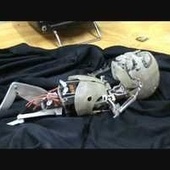
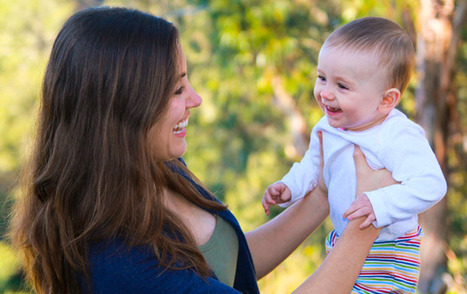
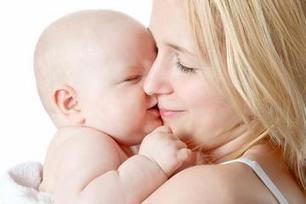
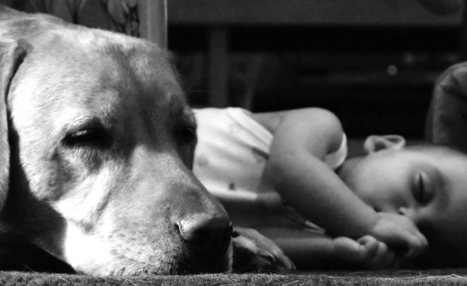

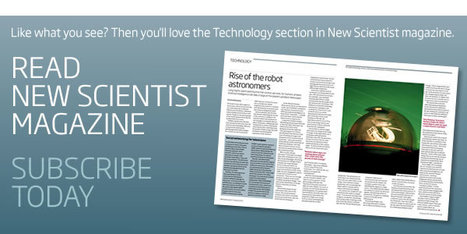

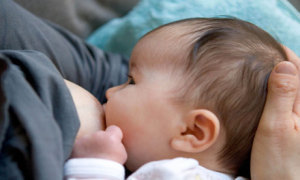





OMG. Maybe that's how I developed well. I got the secret of my intelligence. lol